Why Nobel Laureate Yunus is Always in Complaint Mode Against India?
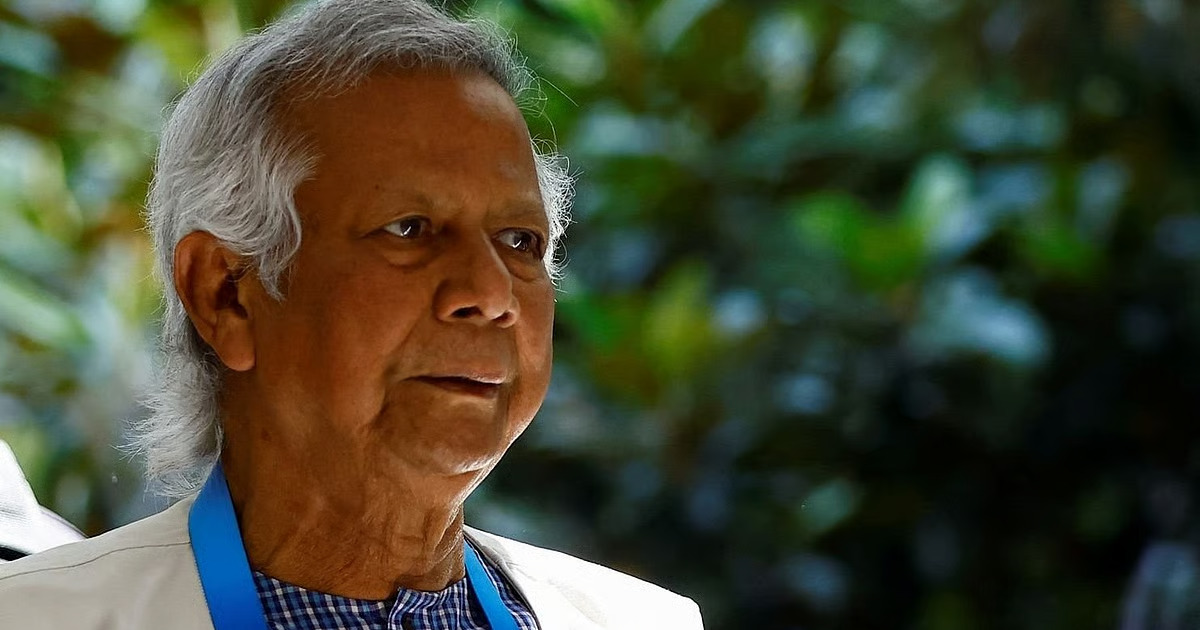
During his recent visit to New York, Bangladesh's Chief Adviser, Muhammad Yunus, made controversial remarks, claiming that relations with India are strained due to New Delhi's disapproval of last year's student protests in Bangladesh. These protests led to the ouster of former Prime Minister Sheikh Hasina. Yunus alleged that "fake" reports in the Indian media have further exacerbated these tensions. He also accused India of harboring Hasina, which he said creates additional friction between the two nations.
India has consistently expressed concerns to Bangladesh regarding the rise in anti-India sentiment and threats against India's northeastern region since the student protests began in August of last year. Additionally, India has raised alarm over the increase in attacks on minority communities, particularly Hindus, in Bangladesh. Despite these concerns, the Yunus administration has not taken action, and the relationship between the two countries continues to deteriorate.
Yunus also used his time in New York to advocate for the revival of the South Asian Association for Regional Cooperation (SAARC), a regional bloc that last held a summit in 2014. He specifically targeted India, suggesting that its political opposition is the primary reason for the organization's inactivity.
In a meeting with Mr. Sergio Gor, who is designated U.S. Special Envoy for South and Central Asia in addition to his ambassadorial assignment to India. Yunus stated that "SAARC is not working because it doesn't fit into the politics of one country," and he also expressed Bangladesh's interest in joining ASEAN to accelerate its economic development.
In recent years, India has shifted its regional focus to the Bay of Bengal Initiative for Multi-Sectoral Technical and Economic Cooperation (BIMSTEC), which excludes Pakistan. This shift occurred after the 2016 Uri terrorist attack, which New Delhi blamed on Pakistan, deeming SAARC meetings unfeasible. India has utilized the BIMSTEC platform to voice its concerns to Bangladesh. During a BIMSTEC summit in Bangkok, Indian Prime Minister Narendra Modi urged Yunus to ensure the protection of minorities and to avoid "rhetoric that vitiates the environment."
Amidst these diplomatic tensions, Yunus also provided an update on Bangladesh's domestic political situation. He assured that his interim government is working to ensure a "free, fair, and peaceful" general election in the first half of February 2025. While it is within his purview to address domestic issues, his persistent criticism of India, a key ally in Bangladesh's independence, has raised concerns that his government may be fostering an anti-India sentiment within the country.

 2 months ago
2 months ago
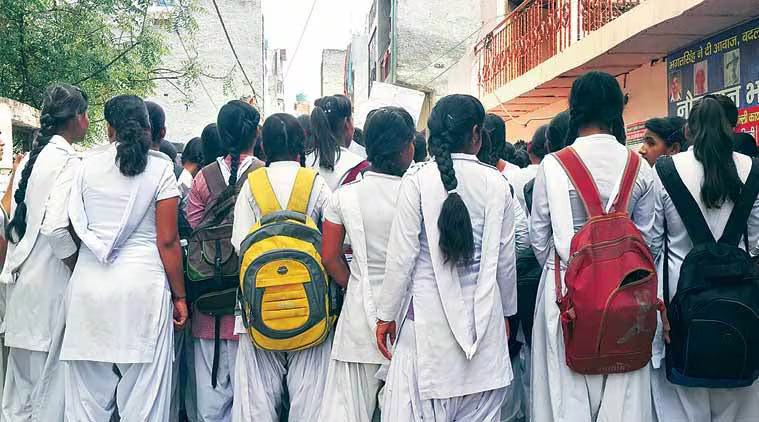
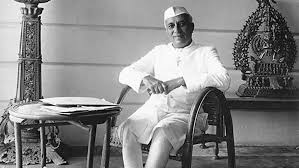

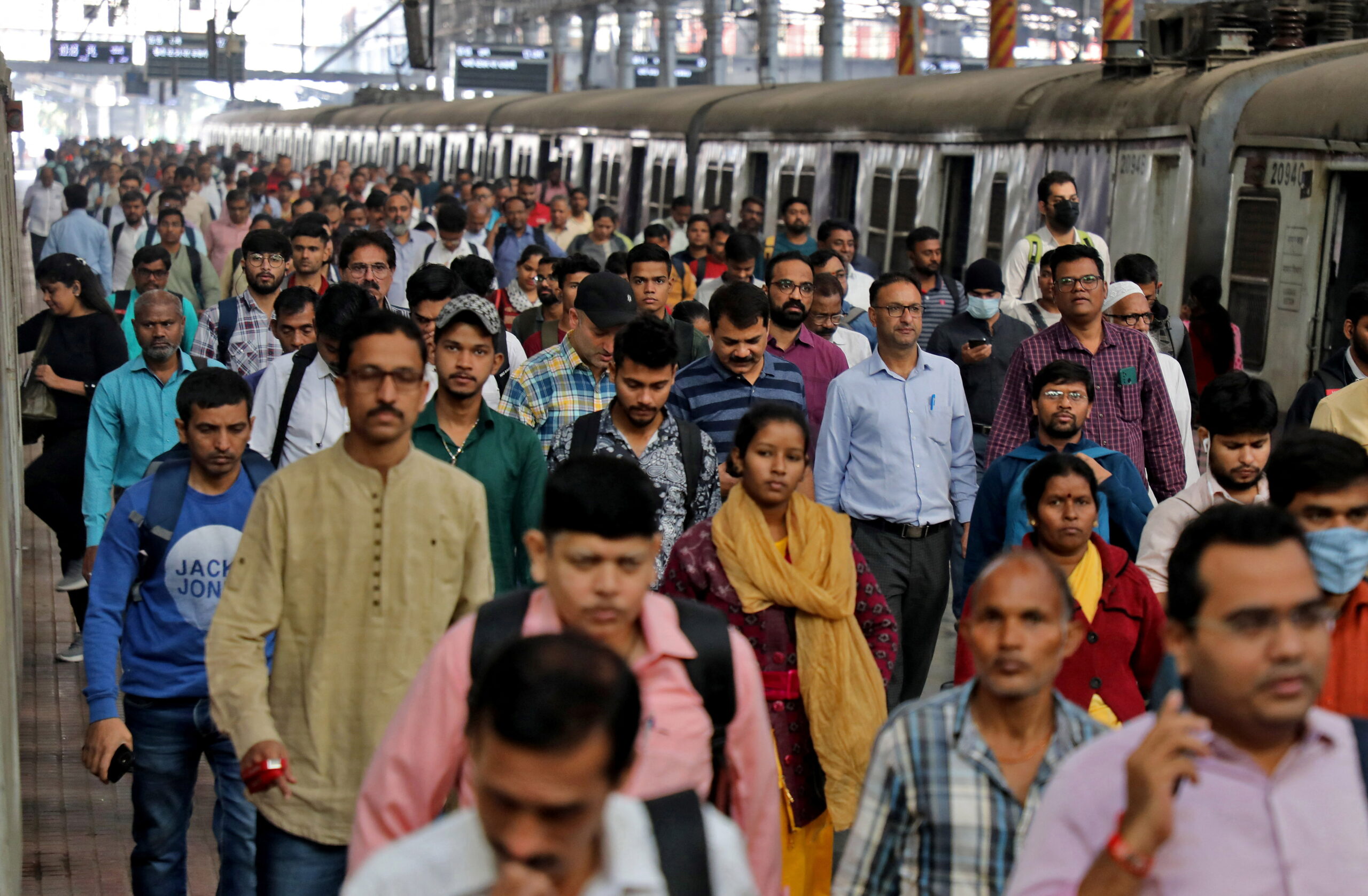

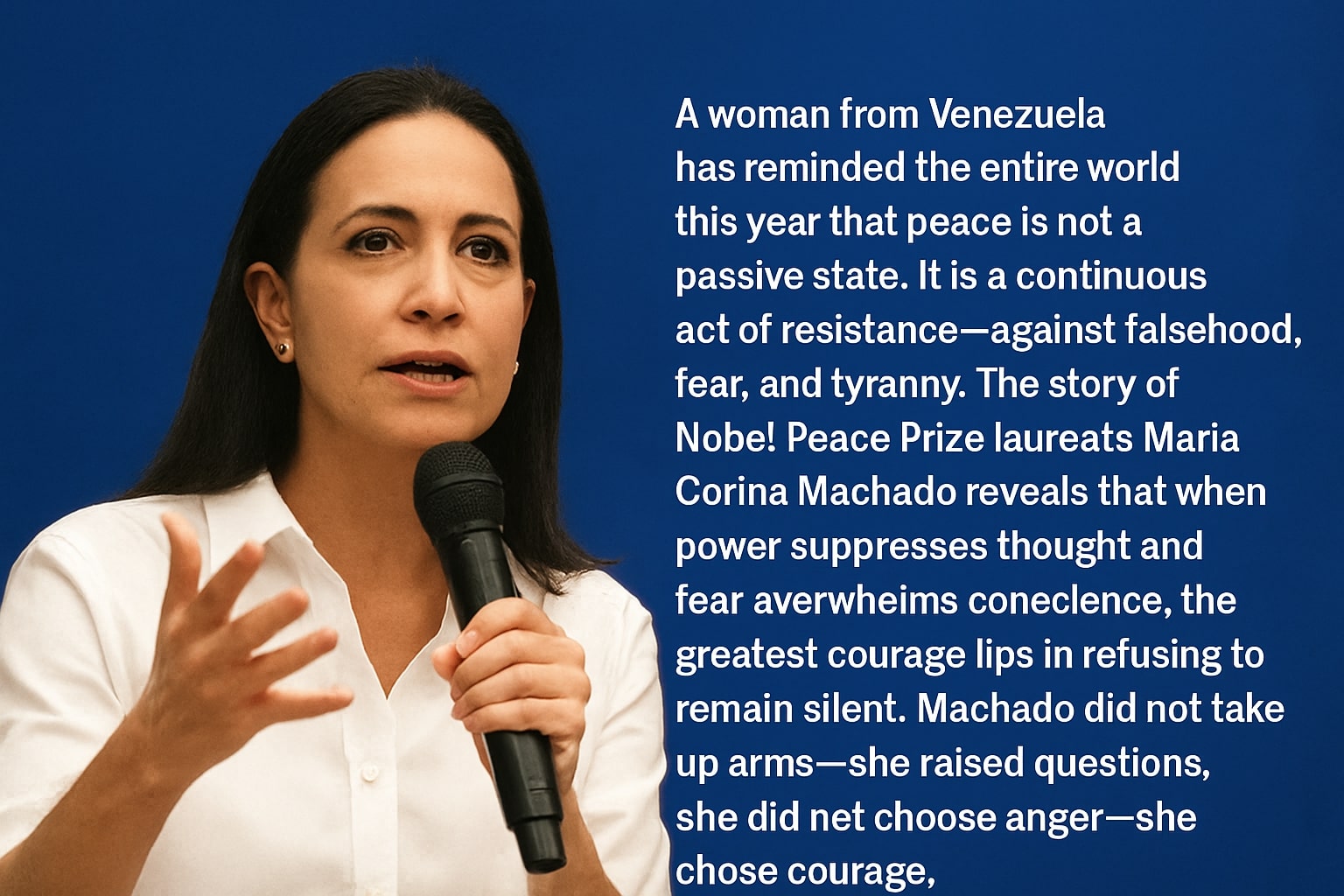

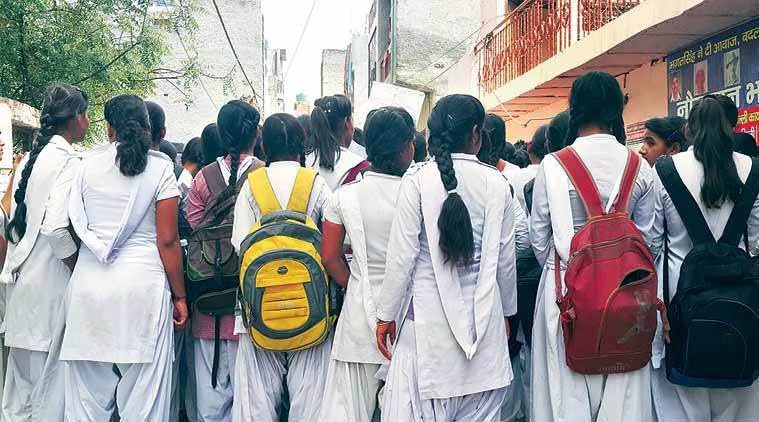


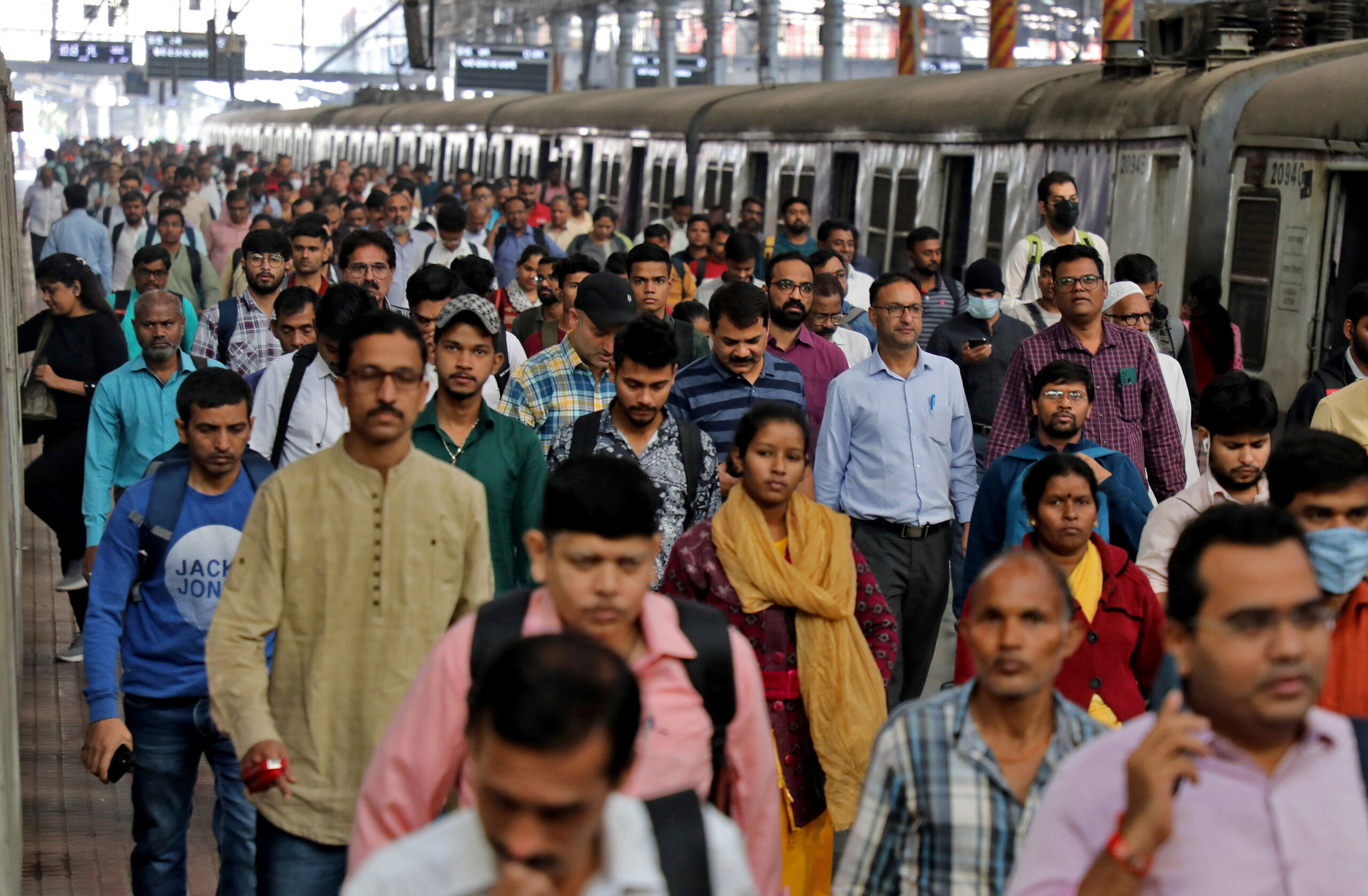
[[comment.comment_text]]